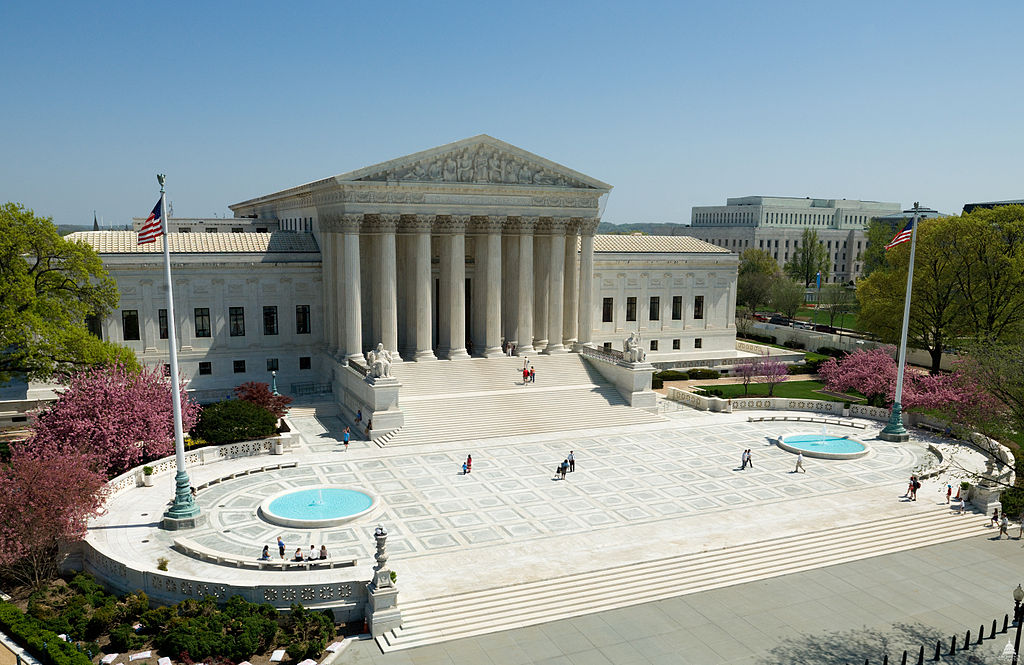Lawmakers in 19 other states reportedly are considering fetal development education measures that are similar to good bills filed in Arkansas.
H.B. 1180 by Rep. Mary Bentley (R — Perryville) and Sen. Clint Penzo (R — Springdale) makes it possible for public school students to see a recording of a high-definition ultrasound video as part of sex-education and human fetal growth and development education courses.
The bill also lets students see a video like Live Action’s computer-animated “Meet Baby Olivia” video that teaches about human development from conception to birth.
S.B. 450 by Sen. Breanne Davis (R — Russellville) and Rep. Kendra Moore (R — Lincoln) also makes it possible for public school students to see a recording of a high-definition ultrasound video as part of human fetal growth and development education courses and learn important facts about how unborn children develop in the womb.
Both of these good bills are on the Senate Education Committee’s agenda this week.
Last week our friends at Live Action issued an email statement indicating that lawmakers in 20 states are considering bills similar to H.B. 1180 and S.B. 450, writing,
Arkansas, Texas, Idaho, Iowa, Kentucky, New Hampshire, Oklahoma, Oregon, Pennsylvania, South Carolina, South Dakota, West Virginia, Missouri, Montana, Indiana, Hawaii, Arizona, Kansas, Florida, and Nebraska are working to advance “Baby Olivia” bills to show students the miracle of human life in the womb from fertilization to birth! They hope to join North Dakota and Tennessee as states that already require education on human development in the womb.
Ultrasound images and educational tools like the “Meet Baby Olivia” video can help demonstrate the humanity of unborn children. As Live Action says, “Abortion becomes unthinkable when these facts are known.”
Below is the “Meet Baby Olivia” video by Live Action. H.B. 1180 would let public schools show a video like this one to students as part of human fetal growth and development education.
Articles appearing on this website are written with the aid of Family Council’s researchers and writers.




